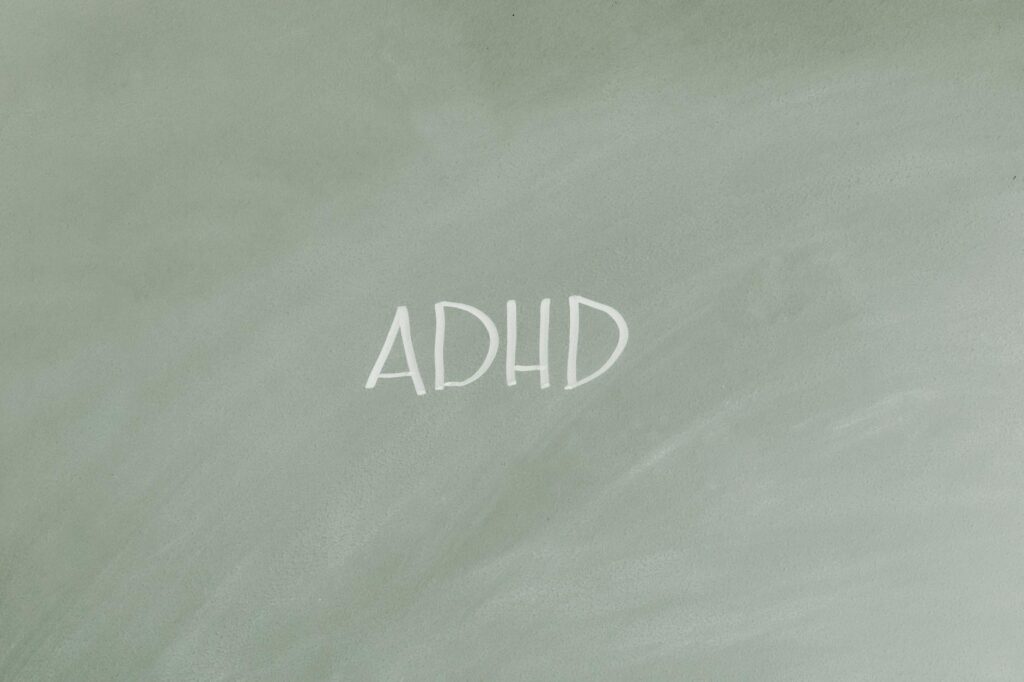What is adhd medication types?

What is adhd medication types?
ADHD, or Attention Deficit Hyperactivity Disorder, affects millions of people globally, impacting their daily lives in profound ways. Individuals with ADHD often struggle with focus, impulse control, and hyperactivity, making it challenging to navigate both academic and professional settings. Understanding ADHD medication types is crucial for effective management, as these medications can significantly improve the quality of life for those affected. This article explores the various medication options available, detailing how they work and what to consider when choosing the right type.
Overview of ADHD and Medication
ADHD is a developmental disorder characterized by symptoms such as inattention, hyperactivity, and impulsivity. These symptoms can lead to difficulties in relationships, education, and work. Research shows that the exact cause of ADHD isn’t fully understood, but it likely involves genetics and environmental factors.
Medication plays a vital role in treating ADHD, often combined with behavioral therapy for a more comprehensive approach. While medication can help manage symptoms, it is important to remember that it does not cure ADHD; rather, it helps alleviate its effects.
For a deeper understanding of ADHD, you might explore resources from the National Institute of Mental Health.
Types of ADHD Medications
ADHD medications primarily fall into two categories: stimulants and non-stimulants. Each type has its mechanisms of action and varying effects on individuals.
Stimulant Medications
Stimulant medications are the most commonly prescribed treatments for ADHD. They work by increasing the levels of neurotransmitters, specifically dopamine and norepinephrine, in the brain. This helps improve focus and concentration while reducing impulsivity and hyperactivity.
Common stimulant medications include:
- Methylphenidate: This includes names like Ritalin and Concerta. It’s often the first choice for many patients due to its effectiveness and rapid action.
- Amphetamine-based medications: This category includes Adderall and Vyvanse. These medications are also effective but may have different side effects.
Stimulants are known for their quick onset of action, often providing relief within an hour. However, potential side effects include insomnia, decreased appetite, and anxiety. It’s crucial to consult with a healthcare professional to determine the best option tailored to individual needs. For more information on how these medications work and their effects, check out WebMD’s ADHD Medications.
Non-Stimulant Medications
For individuals who may not respond well to stimulants or experience undesirable side effects, non-stimulant medications are available. These options work differently than stimulants, often targeting neurotransmitter systems in a more gradual manner.
Key non-stimulant medications include:
- Atomoxetine (Strattera): This medication is a selective norepinephrine reuptake inhibitor. It may take several weeks to see the full effects, making it less immediate than stimulants.
- Guanfacine (Intuniv): Originally developed as a blood pressure medication, Guanfacine helps with impulse control and can be particularly beneficial for children.
Non-stimulants tend to have fewer side effects related to appetite and sleep, making them a suitable choice for some patients. However, they may not be as effective for everyone. It’s essential to discuss these options with a healthcare provider to find the right fit.
Choosing the Right ADHD Medication
Selecting the appropriate medication for ADHD is not a one-size-fits-all process. Factors influencing the choice include:
- Age: Children and adults may respond differently to medications.
- Health history: Previous responses to medications and any co-existing conditions can guide decisions.
- Specific symptoms: Some individuals may struggle more with inattention, while others may be more impulsive or hyperactive.
Consulting with a healthcare professional is vital in this process. They can provide guidance based on a thorough evaluation and history, ensuring the selected medication aligns with the individual’s needs.
Monitoring and Adjusting ADHD Medication
After starting a new medication, regular follow-ups are essential to monitor its effectiveness. This involves assessing whether the medication is alleviating symptoms and checking for side effects. Adjustments may be necessary to optimize treatment.
It’s not uncommon for individuals to try several medications or dosage adjustments before finding the right balance. Keeping an open line of communication with a healthcare provider can help manage this process effectively.
Conclusion
Understanding ADHD medication types is crucial for effective management of this condition. From stimulant options like methylphenidate and amphetamines to non-stimulants such as atomoxetine and guanfacine, there’s a range of choices available. Each type has its unique benefits and potential side effects, making it vital to consult with a healthcare professional to find the most suitable option for your needs.
By being informed about these medications and discussing them with your doctor, you can take proactive steps toward managing ADHD symptoms effectively. Remember, treatment is highly individual, and what works for one person may not work for another. Seek professional advice for personalized treatment and embark on your journey to better focus and productivity.

Photo by Tara Winstead